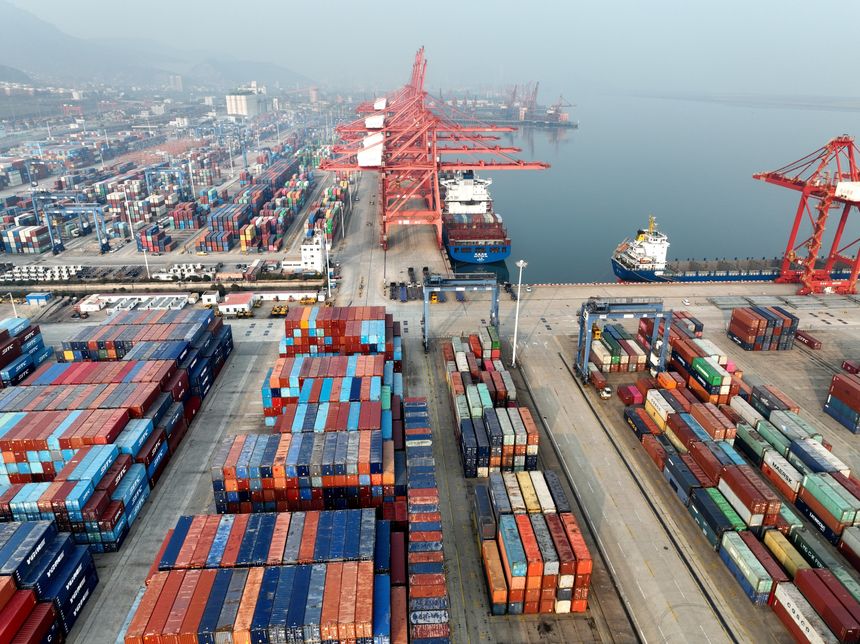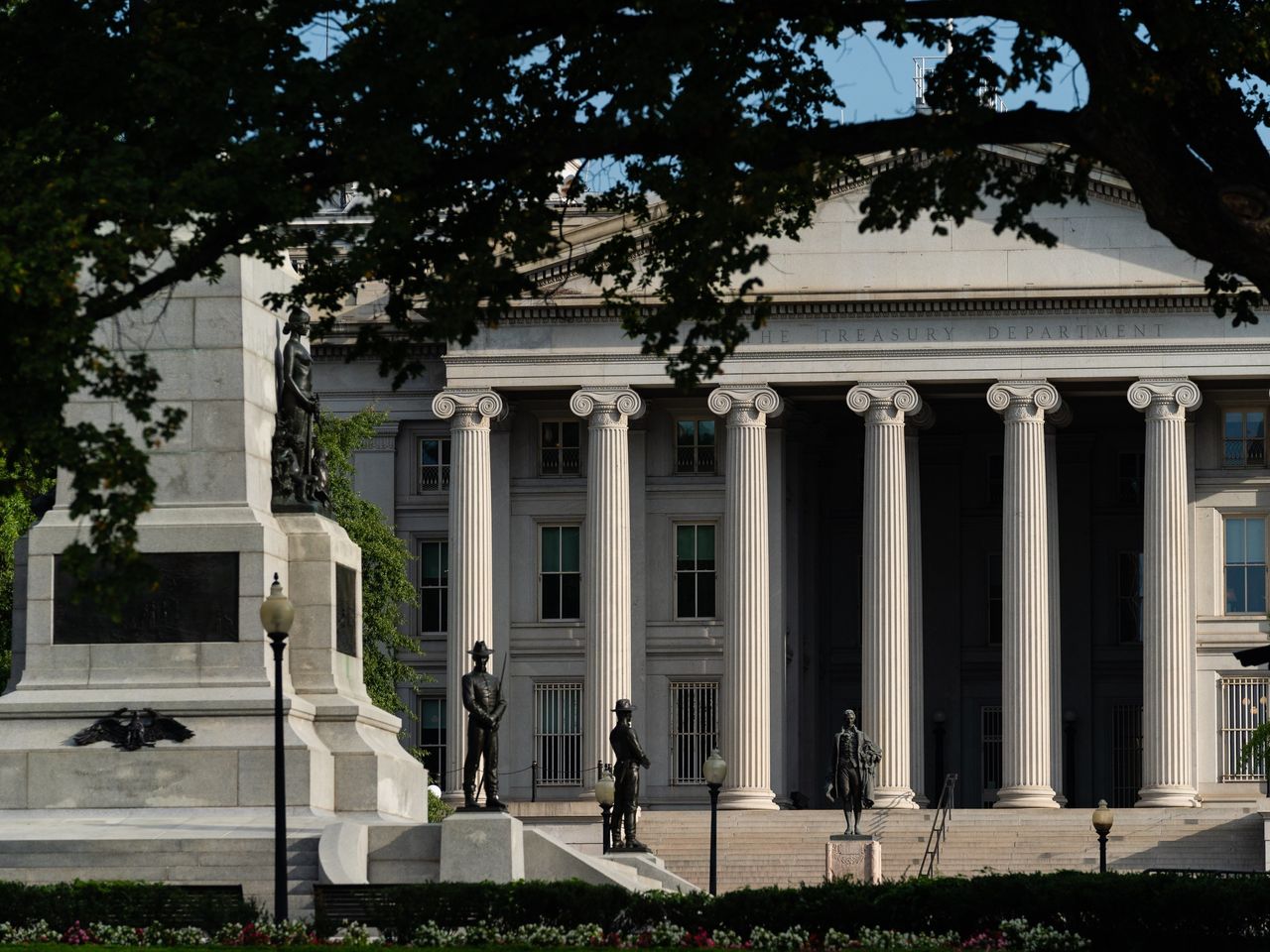WASHINGTON— As the competition between the world’s two largest economies heats up, the Biden administration is preparing a new programme that could prohibit U.S. investment in certain sectors in China.
According to copies of the reports seen by The Wall Street Journal, the Treasury and Commerce departments informed lawmakers on Capitol Hill on Friday that they were considering a new regulatory system to address U.S. investment in advanced technologies abroad that could pose risks to national security.
Several news outlets have reported that the Biden administration is considering measures to either forbid or collect data on specific types of investments.
The reports didn’t specify which industries the Biden administration considers to be especially dangerous, but they did state that the initiative would focus on those that could help rival militaries advance.
Also Read: China to ‘win the future’ and is beating the US in nearly all new tech, boffs warn

The US government, the reports suggest, may outright ban certain investments while simultaneously collecting data on others in order to better inform policy decisions in the future. The reports did not identify any particular technological fields that were deemed precarious by the Biden administration. However, according to The Wall Street Journal, the programme will prioritise sectors that could help military capabilities of competitors.
Private equity and venture capital investments in cutting-edge fields like quantum computing, AI, and advanced semiconductors are expected to be covered, according to those who are familiar with the programme. For instance, the United States government is trying to discourage American investors from helping Chinese firms gain access to technology and expertise that could increase the efficiency and precision with which Beijing makes military decisions.
According to the US Treasury department report, the programme would focus on “preventing US capital and expertise from being exploited in ways that threaten our national security while not placing an undue burden on U.S. investors and businesses,” as per the news report.
The names of the countries that would fall under the new regulations were not mentioned in the reports. According to those in the know, however, the focus of the Biden administration’s rulemaking efforts will be on protecting American investments in China.
Also Read: YouTube to MP4 YTMP4 Converter
According to the report, the US Treasury and Commerce Departments planned to finalise their policy on the matter soon. According to the report, the two agencies said they planned to request more funding for the investment programme in the White House budget, which is scheduled for release next week.
According to the results, there has been an increase in members thinking about moving their supply chains out of China. As relations between the U.S. and China have worsened, some companies with large supply chains in China, including Apple Inc., are taking steps to diversify where they source and manufacture their products.
Lockheed Martin Corp. and a weapons-making unit of Raytheon Technologies Corp. are two of the American businesses that China has recently sanctioned because of their alleged involvement in the sale of weapons to Taiwan. As American defence companies are generally prohibited from selling weapons to China, the sanctions were largely symbolic.
As the geopolitical rivalry between the United States and China has intensified and Washington has moved to limit the activities of some business sectors there, American companies are under more scrutiny at home over their dealings in China.
Also Read: As Early as The Second Half of 2023, Apple May Release an iMac powered by the M3 processor.

The Biden administration is considering revoking export licences issued to U.S. suppliers for sales to sanctioned Chinese telecom company Huawei Technologies Co., according to The Wall Street Journal on Tuesday, citing people familiar with the matter.
Some policy and legal experts have speculated that the administration may choose to merely disclose potentially problematic transactions without enacting any formal mechanisms to prevent them. There appears to be room to consider more stringent regulations as well. According to one source familiar with the situation, the administration could hold a public hearing to get feedback on certain aspects of the proposed change.
Like the earlier bill, the order will likely aim to remedy what proponents of investment screening see as a deficiency in the government’s current level of regulation. Joint ventures in which U.S. firms transfer knowledge or technology to Chinese partners, as well as investments in China by Silicon Valley venture capital firms using U.S. funds or China affiliates, are of particular concern.
For instance, the Journal has previously reported that by late last year, Sequoia Capital’s China unit had made at least 40 investments in Chinese semiconductor-sector companies since 2020.
Also Read: Microsoft Has Just Cleared A Major Obstacle In Its Acquisition Of Activision-Blizzard
According to a company spokesperson, Sequoia’s China operation is run by a local team in China that is responsible for its own set of funds and investment decisions.









